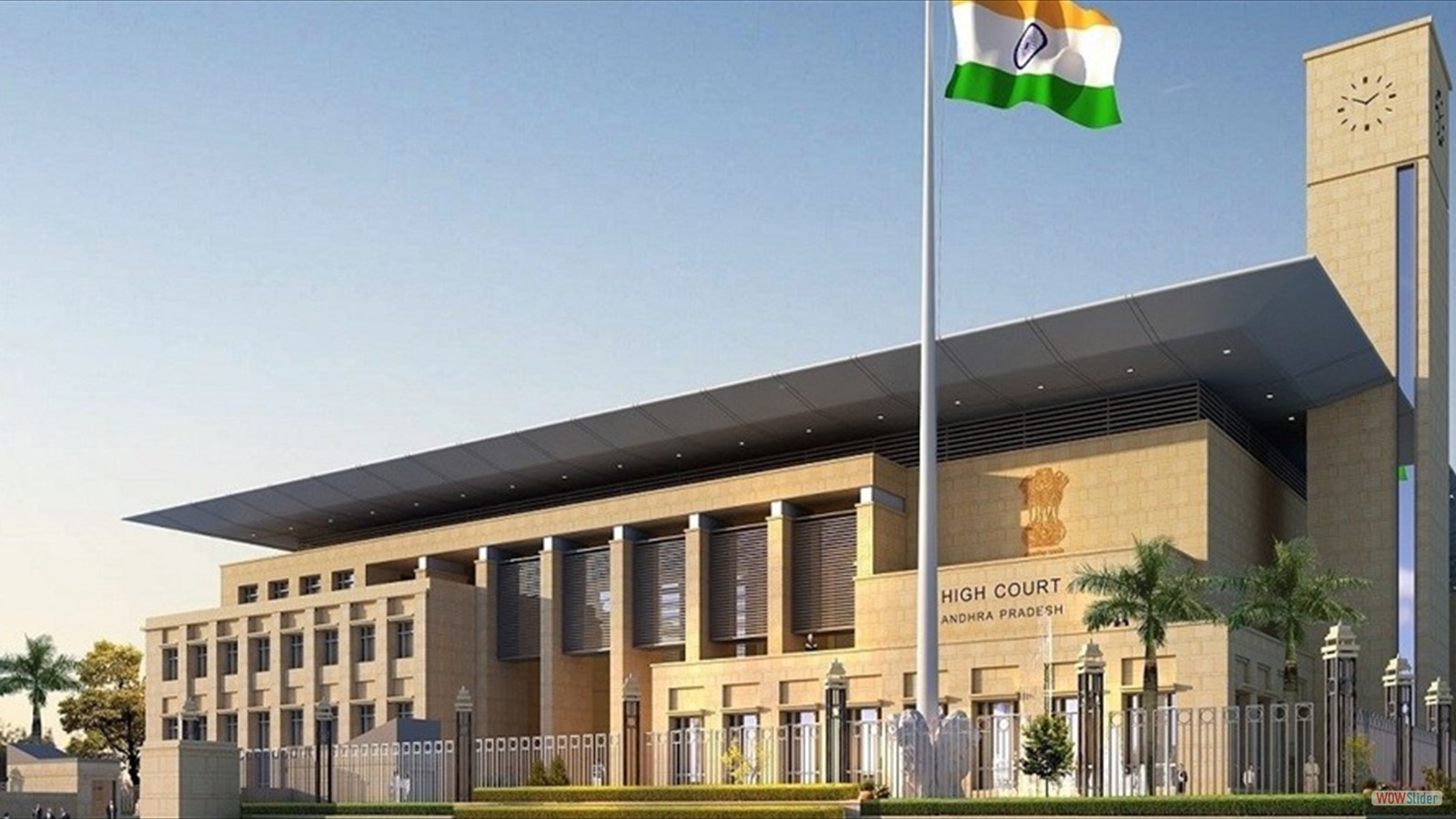


The Supreme Court on March 21 reiterated that the Telangana government should avoid passing preventive detention orders mechanically without application of mind and ignoring judgments against the same [Nenavath Bujji etc vs State of Telangana and ors].A bench of Chief Justice of India (CJI) DY Chandrachud with Justices JB Pardiwala and Manoj Misra the State should take the apex court's previous judgments on this issue seriously."This is one more litigation going against the State of Telangana...We hope that the State of Telangana takes what has fallen from this Court very seriously and sees to it that the orders of preventive detention are not passed in a routine manner without any application of mind. We hope that the State of Telangana does not give any good reason once again to this Court to observe anything further," the top court stated.The observations were made while setting aside a preventive detention order passed by the Rachakonda Police Commissioner and upheld by the Telangana High Court.The High Court had refused to entertain the habeas corpus petition of the accused, who had been deemed a goonda (thug) involved in thefts prejudicial to public order.This led to the appeal before the Supreme Court.The top court began by explaining that the basis of preventive detention is the satisfaction of the executive about the likelihood of the detenu acting in a criminal manner, similar to his past acts, which is likely to affect the maintenance of public order.In the instant case, it held that the basis of the detention was improper."The mere registration of the two FIRs for the alleged offences of robbery etc. could not have been made the basis ... Inability on the part of the state’s police machinery to tackle the law and order situation should not be an excuse to invoke the jurisdiction of preventive detention."It observed that, prima facie, it appeared that the detenu might have been picked up by the police on suspicion and confessional statements.The bench also came down on the Advisory Board for its actions of mechanically upholding the detention order. It discussed the importance of boards in the constitutional framework at length."Advisory Board(s) becomes all the more imperative to put a check on such capricious exercise of powers and ensure that a bright-line is drawn whereby such illegal detentions are nipped in the bud and the detenu released forthwith ... required to undertake a proper and thorough scrutiny of an order of detention placed before it, by appreciating allaspects and angles before expressing any definite opinion in its report," the Court said.The framers of the Constitution were aware of the draconian nature of an order of preventive detention and its adverse impact on individual liberty, it was underscored."The legislature in its wisdom has thought it fit, to entrust the Advisory Board and no one else, not even the Government, with the performance of this crucial and critical function which ultimately culminates into either the confirmation or revocation of a detention order ... An Advisory Board is not a mere rubber-stamping authority for an order of preventive detention," the apex court stated.When the board finds that an order of detention is against the spirit of the relevant act or in contravention of settled law, it should not shy away from expressing the same in its report, it was made clear.The appeal against the High Court order was, thus, allowed and it was directed that the accused be set at liberty immediately.Advocate Kumar Vaibhav appeared for the Telangana Police.Advocate P Mohith Rao appeared for the detenu.The Supreme Court had in September too criticised the Telangana Police for ignoring fundamental rights of citizens and curbing their liberty while issuing preventive detention orders.A Bench of Justices Surya Kant and Dipankar Datta had observed that such a trend should come to an end.The Bench had minced no words in pointing out the mechanical use of the law over the years, and laid down the guidelines for constitutional courts to consider when deciding on the legality of such orders.Further, the Bench had underscored that detention orders should not be vaguely worded, and must be understood by the detenu.
TAGS: Supreme Court Telangana government Preventive detention orders Nenavath Bujji case